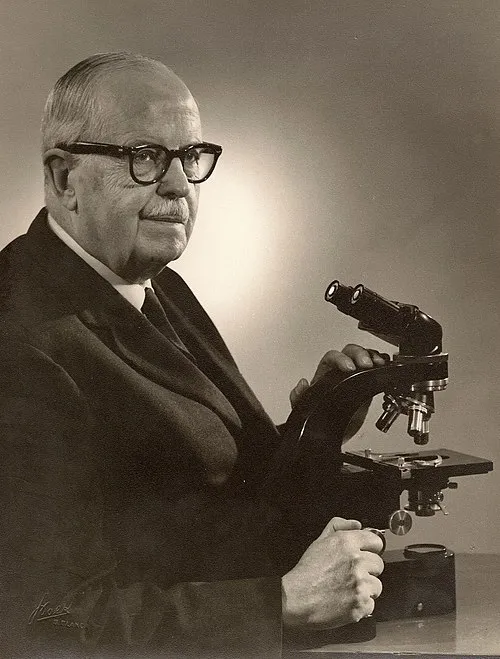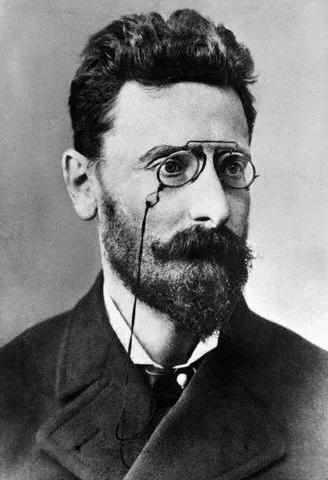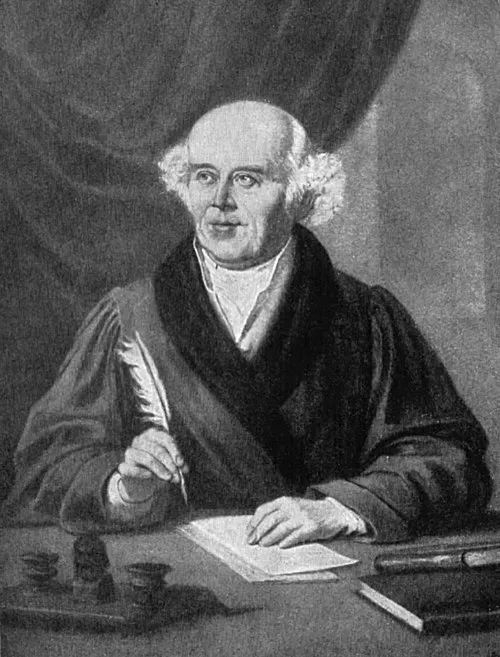
Birth: Leo Vroman was born in 1915.
Nationality: He was Dutch-American.
Profession: He was a hematologist, poet, and illustrator.
Death: Leo Vroman passed away in 2014.
1915 – Leo Vroman, Dutch-American hematologist, poet, and illustrator (d. 2014)
On a crisp autumn day in 1915, the world welcomed a child destined to navigate the realms of both science and art. Leo Vroman was born in the vibrant city of The Hague, Netherlands, where culture swirled like leaves caught in a gentle breeze. From an early age, Leo exhibited an insatiable curiosity that would later define his extraordinary career.
However, this burgeoning interest wasn’t limited to just one field. Instead of choosing between poetry and medicine, he intertwined both passions throughout his life a decision that was as unconventional as it was visionary. As a young boy, Leo would often escape into the world of books and illustrations while simultaneously dabbling in science experiments with whatever he could find around him. Who knows what led him down this dual path? Perhaps it was the influence of his family or the rich tapestry of culture surrounding him.
The early years were pivotal for Leo; they laid a foundation not only for his future academic pursuits but also for his artistic expression. Despite growing up during turbulent times the shadows of World War I loomed over Europe he found solace in writing poems that encapsulated beauty amid chaos. Ironically, these verses became outlets for thoughts too complex to articulate otherwise.
As he transitioned into adulthood, Vroman's journey took him from the familiar streets of The Hague to the hallowed halls of academia at Leiden University. There, he studied medicine with an unwavering determination that made him stand out among his peers. Yet again, one might speculate whether it was merely ambition driving him or perhaps an inherent desire to understand human nature through its blood and bones literally!
His specialization became hematology a field focused on blood diseases and here is where irony took center stage: while most physicians shunned creativity as unscientific nonsense, Vroman embraced it wholeheartedly! He wasn’t content with simply treating ailments; instead, he sought artistic expressions even within clinical confines.
It’s fascinating how literature has historically woven itself into medical practices. Think about it: many great physicians were poets at heart! Vroman often pondered over how life’s fragility could be captured not just through data but also through metaphors painted across pages a notion perhaps ahead of its time?
The backdrop shifted dramatically during World War II when personal circumstances forced Vroman and his family to flee their homeland due to Nazi occupation. They sought refuge first in Indonesia before finally landing on American shores a shift fraught with uncertainty yet brimming with possibilities! Settling down eventually led them to California where Leo resumed both his medical practice and literary aspirations amidst sun-drenched landscapes far removed from wartime horrors.
Vroman's years spent establishing himself as an esteemed hematologist bore fruit; however paradoxically his poetic voice began echoing louder than ever before! His pen became a bridge between two worlds: science grounded by empirical evidence and art steeped in emotion. In various interviews throughout later years in which nostalgia colored most responses it became clear how deeply intertwined these aspects truly were for him; each informed and enriched the other.
The Poet Within
Diving deeper into Leo’s literary contributions reveals layers upon layers waiting beneath simple stanzas filled with imagery reminiscent of vivid paintings come alive on paper! His poems reflected profound themes revolving around nature’s intricacies alongside humanity's eternal struggles against suffering all narrated from unique perspectives shaped by lived experiences spanning decades!
The Scientist
"Science knows no country because knowledge belongs to humanity." – Louis Pasteur







